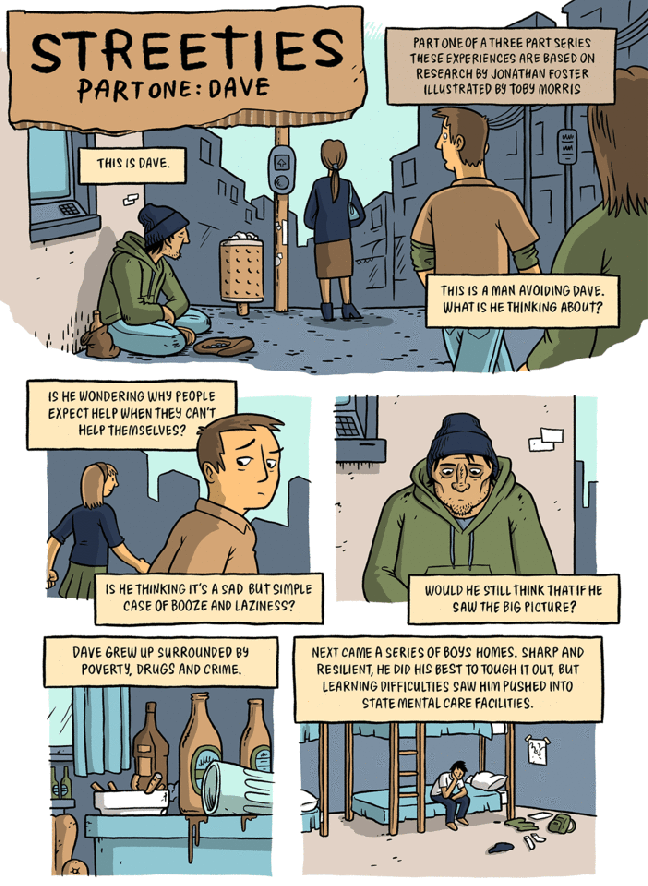It’s been a while since we’ve posted on vicanthropology, but everyone’s been busy elsewhere. So I thought I’d give a round-up of some of the public writing and other projects we’ve been doing over the last few months (listed chronologically by date of publication):
Violent politics and the disintegration of democracy in Cambodia – Caroline Bennett in The Conversation
‘Cambodian politics has always been a sphere of violence, but that since the 1993 UN-backed elections, it has happened under a veneer of liberal democracy…. Violence in politics is not new. The control of the people in Cambodia is not new. What is new is the increasing confidence of leaders, such as Hun Sen, to flex their political muscles openly and violently with complete confidence in their political impunity.’
Enough with the shame. Let’s start celebrating fat bodies – Catherine Trundle in The Spinoff
‘Must we always see fat bodies as broken, as in need of cure? As lacking an intervention. Why are they always the result of a social ill? Can we ever see them, celebrate them, as whole?… Fat might look like it is a type of ruinous excess, but much of the time it results in scarcity. Like receiving too little respect in public. Or having a diminished sense of entitlement to demand what one needs. It often means settling for less.’
Why I’m not buying the new ‘learn self-control’ mantra – Catherine Trundle in The Spinoff
‘Our current discussions of will power, self-discipline and self-control lack a very necessary social, historical and political perspective…. The problem with the types of self-control that we do celebrate is that they reflect such middle-class concerns and realities. Self-control means getting slim, running marathons, climbing mountains, getting rich, or moving up in the company. These resonate less with the realities and needs of everyday worlds, or of economically and socially marginalised communities. Class intersects with race and gender in determining what modes of self-control we value and notice.’
Synthetic Biology and the Problem of Interdisciplinary Collaboration and Knowledge Integration – Jared Commerer in The Sociological Review
‘the justification for integrative interdisciplinary research requires not only the recognition that reality is complex… but an elaboration on the nature of that complexity…. [E]ven if researchers maintain a coherent justification for scientific integration, their social system of knowledge production may constrain their capacities to produce genuinely integrative research.’
Anthropology under my skin – Lorena Gibson in Savage Minds
‘Anthropology made me look at this skin.
White skin.
Recognise its privilege
and think about what it means to live in a settler society
benefitting from ongoing processes of colonisation.’
Despotic urbanism in Thailand – Eli Elinoff in The New Mandala
‘Urbanisation itself has become a critical mechanism to silence political debate…This is a strategy of political suppression by eviction, demolition, and construction. Urbanisation – both concentrated in infrastructure projects like the double track projects and diffuse in the forms of private luxury development—becomes a raw force evicting problematic voices, demolishing spaces of politics, and constructing a city, not for citizens but for the sake of the productive forces of urbanisation itself: real estate, finance capital, and construction. ‘
Anthropos beyond the human – Grant Otsuki on Platypus: The Castac Blog
(ok, strictly speaking this was written before Grant joined Vic, but he’s here now, so we’re claiming it)
‘A humanoid robot like the Geminoid-F was ningenrashī because it looked like a person, all the way down to the texture of her silicone skin. But other devices that looked nothing like a human were also ningenrashī: a set of LCD display goggles, or a pair of joysticks on a table, for instance. They were ningenrashī not because they looked human, but because they felt human.’
Treat her right: why its time for us to start caring about care work – Catherine Trundle in The Spinoff
‘How we classify and value “women’s work” comes down to a deep-seated social division we just haven’t been able to shake, even in contemporary times…. We still live in a society split between Adam Smith’s world of work, enterprise, competition and self-interest, and the private domain of care, love, selflessness, and family. The former is still a man’s world, and the latter is still without doubt a feminine sphere.’
No siree Bob, you don’t see the real problem – Jonathan Foster in The Wireless
‘When Sir Bob identifies that beggars are generally “fat and Māori”, he is seeking to separate them from the majority of middle-class Pakeha…. this doesn’t account for things like the ongoing impact of colonialism on Māori, of deindustrialisation on large swathes of rural communities, the well-documented health impacts of living in poverty, or increasingly precarious work and living environments. Nor does it address discrimination in the housing and job market, or racism in the criminal justice system.’
Streeties: the realities of living rough – comics by Jonathan Foster and Toby Morris in The Wireless

Top of the Heap – Hannah Gibson for Somatosphere
In Top of the Heap Hannah Gibson talks to scholars around the world to discuss important books or pieces of work/media that influence their thinking and work – ‘effectively, the books they either have on the top of the pile, or ones that they go back to again and again. It’s a space to articulate and explore their work and engage with the ideas of others’.
The Story of Hyderabad, Sindh – Zahida Rehman Jatt in The Express Tribune blog
(another cheeky one – written before Zahida joined Vic)
‘The city was once famous for its wind catchers locally called ‘mangh’; a simple architectural device that captures wind and helps keep the interior of a building cool. There was a time when you could find a wind catcher on every rooftop in Hyderabad. Now, almost all of them are gone, changing the cityscape for good.’

Reblogged this on anthropod and commented:
Check out some recent work by my colleagues in the Cultural Anthropology programme
LikeLike